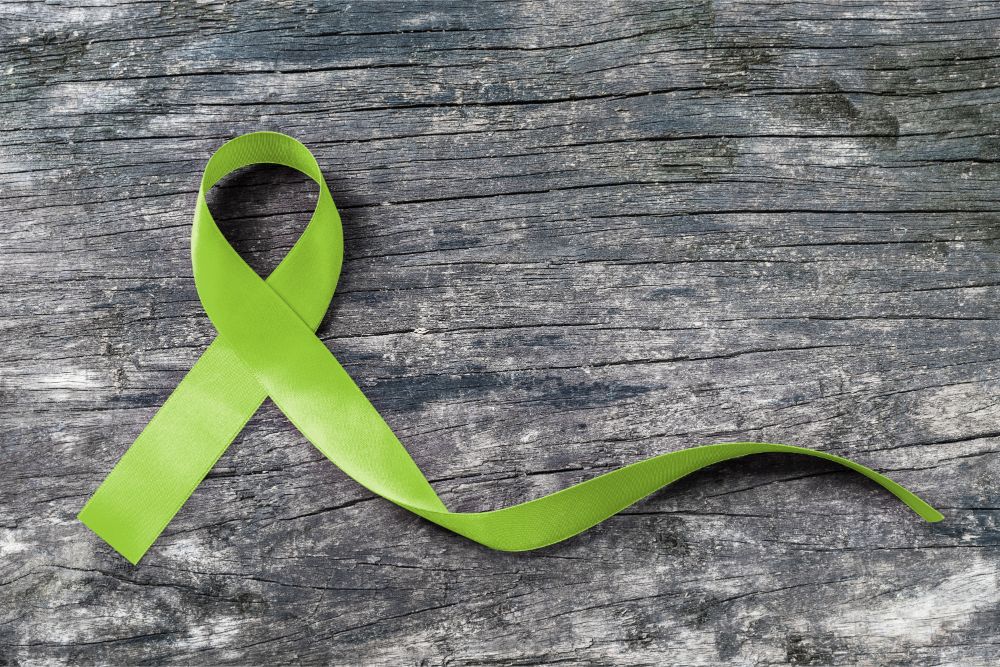
During Depression Awareness Month each October, mental health advocates bring attention to symptoms of depression and treatments for depression. Depression is a serious mental health condition, and without proper treatment, depression typically worsens over time. Approximately 15 million US adults deal with depression each year. However, with mental health treatment programs and support from family and friends, recovery is possible.
In this post, we participate in Depression Awareness Month by discussing depression and ways that people can work to manage their depression. We cover the relationship between depression and substance abuse, and we also discuss how depression relates to suicide. Lastly, we share how people who are struggling with depression can access the treatment they need at a behavioral health hospital.
What is depression?
Most people consider depression to be a prolonged period of intense sadness. While such a period is certainly a common symptom of depression, depression is a complex mental health issue and has a wide range of symptoms. Symptoms of depression can also include:
- Changes in sleeping patterns.
- Changes in eating habits and appetite.
- Impaired decision-making abilities.
- Tiredness.
- A loss of interest in previously enjoyable activities.
- Difficulty sitting still.
Sometimes, mental health professionals can pinpoint the cause of a person’s depression to a particular experience or series of events. Depression can result from:
- Incidents of abuse and resultant trauma.
- Events involving loss, including losing a loved one or losing a job.
- Ending a long-term relationship.
- Dealing with severe illness or physical disability.
- Certain prescription medications.
In some cases, it may be impossible for a mental health professional to identify the cause of depression. Depression can come from a combination of factors, and a person’s genetics can also predispose a person to experiencing depression. Additionally, the source of a person’s depression is often irrelevant, and an individual benefits most from focusing on treatment and recovery.
Ways to deal with depression
Depression does not have to be part of a person’s life forever. People can overcome their depression and get back to living their lives to the fullest. While mental health treatment programs are immediately necessary for some people, other people can manage their depression through several at-home methods. These methods include:
- Sharing your thoughts, feelings, and emotions with friends and family. Keeping symptoms of depression to yourself can be painful. By sharing how you are doing with friends and family, you can gain the support of loved ones during difficult times.
- Getting plenty of sleep. Proper sleep can do wonders for helping a person manage depression. Some people may need to consult a doctor to improve their sleep and deal with sleep-related problems, such as sleep apnea.
- Remove yourself from encounters and scenarios that contribute to depression. Often, a person’s environment contributes to his depression. By removing oneself from unsupportive environments and unhealthy relationships, one can focus on improving his mental well-being.
Of course, seeking a mental health professional’s help may be necessary for some individuals who suffer from depression. If a person thinks they may need treatment for depression, they can call the Substance Abuse and Mental Health Services Administration’s (SAMSHA) National Helpline. The helpline is free and available 24/7 at +1 (800) 662-4357. Another productive first step towards treatment is to schedule a free mental health assessment at a behavioral health hospital.
The relationship between depression, substance abuse, and suicide
Many cases of depression also include a struggle with substance abuse. When a person deals with a mental health issue and substance abuse simultaneously, mental health professionals describe the person as having a “dual diagnosis” or “co-occurring disorder.” Some mental health studies find that one in four adults who suffer from mental illness also engage in substance abuse.
People who are depressed may turn to drugs and alcohol as a way to numb depressive thoughts. However, many substances exacerbate depressive symptoms, including feelings of sadness and lethargy. The person may continue engaging in substance abuse to deal with his worsening depressive symptoms, and he can quickly lose control in a harmful cycle.
In some cases of depression, both with and without co-occurring substance abuse, people may develop suicidal thoughts. A person may wrongly think that suicide is the only way to stop their depression, and they may not understand that mental health treatment is a viable option for recovery. If you or a loved one has suicidal thoughts, call the National Suicide Prevention Lifeline at +1 (800) 273-8255 for 24/7 support from a mental health professional. If you or a loved one is ever in immediate danger of self-harm, call 988 for immediate help.
How San Antonio Behavioral Healthcare Hospital can help
At San Antonio Behavioral Healthcare Hospital, we can help people who suffer from depression with a range of behavioral health treatment programs. We treat people who suffer from major depressive disorder, seasonal affective disorder, persistent depressive disorder, and other types of depression. We offer inpatient treatment programs for adults and outpatient programs, including partial hospitalization programs and intensive outpatient programs. Additionally, we provide age-specific mental health programs for teens.
If your or a loved one suffers from depression, call our caring team today at +1 (210) 541-5300. We can help answer any questions and schedule a free mental health assessment at our behavioral health hospital in San Antonio, Texas.





